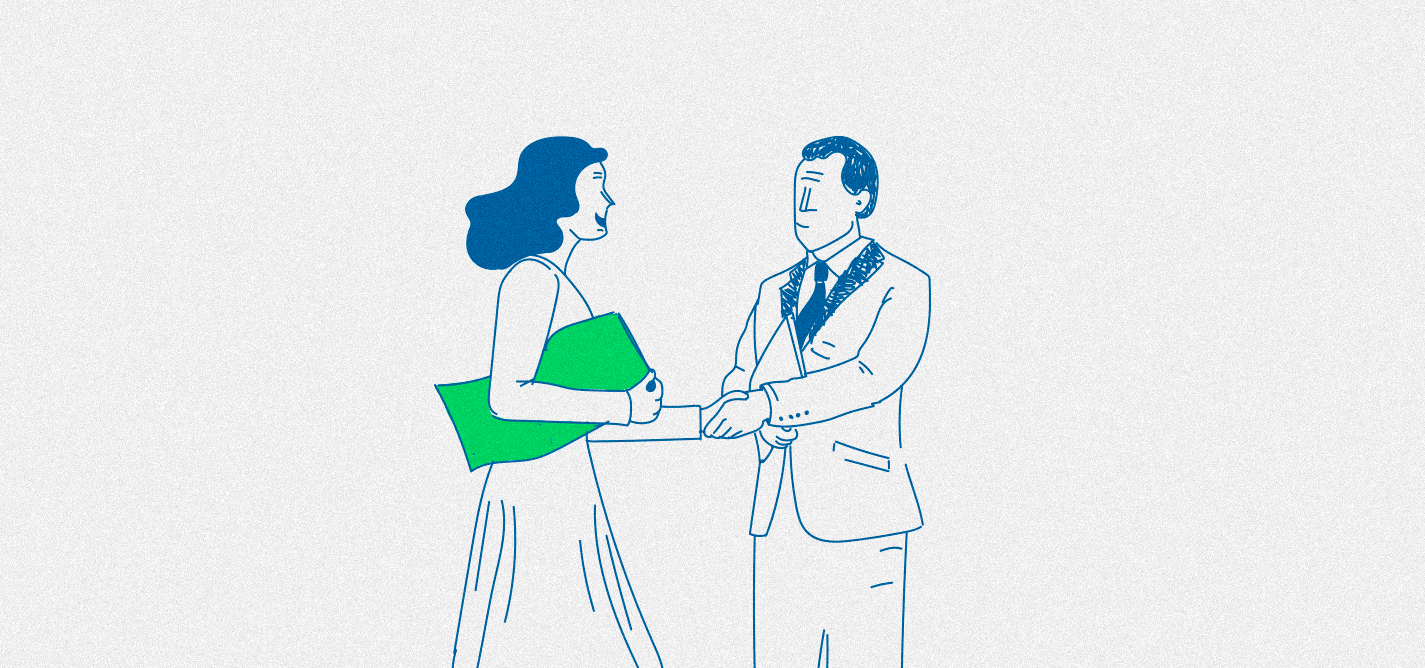
How family ties hurt the state
Kosovo cannot thrive on nepotism.
It is this perennial pressure to ensure the well-being of his family that may push the leader toward this practice.
Sadly, many Kosovan Albanians seem to be reminded of their Kosovan citizenship only during certain events and not in their daily practical life.
It is rather sad that a Kosovan Albanian doesn’t realize that he or she will put his family first by putting society first.

Lum Gashi
Lum Gashi works as a journalist at Klan Kosova, where he covers education, culture and the arts. He finished his bachelor’s degree in English language and literature at the University of Prizren. Lum is a K2.0 Human Rights Journalism Fellowship program fellow (2020 cycle).
DISCLAIMERThe views of the writer do not necessarily reflect the views of Kosovo 2.0.
This story was originally written in English.